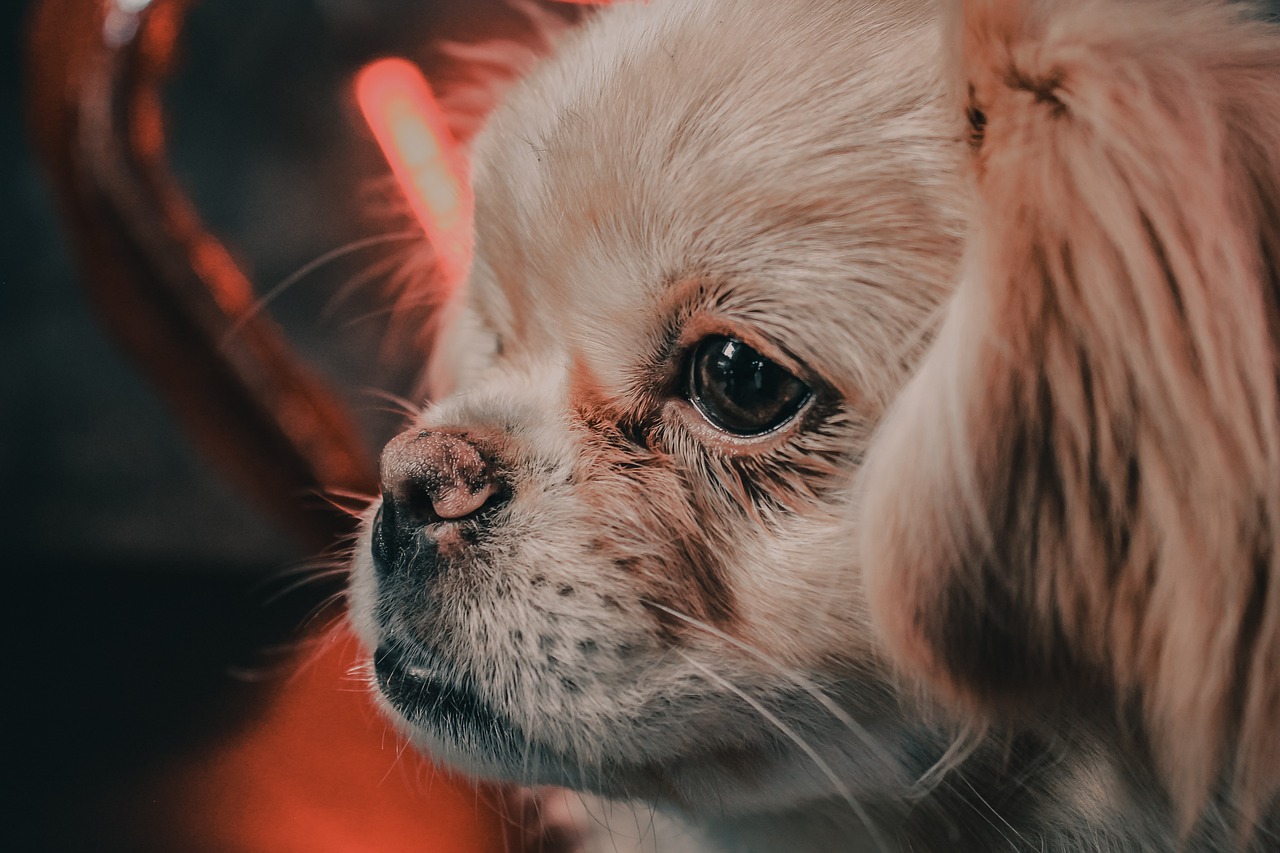Date/Time
Date(s) - June 29, 2024 - October 20, 2024
12:00 am
Categories No Categories

The Science Behind Wet Dog Noses
Have you ever wondered why dogs’ noses are always wet? It’s a unique and intriguing aspect of our furry friends that often leaves us curious. Well, the answer lies in their incredible sense of smell.
Dogs have an impressive olfactory system, with up to 300 million scent receptors in their noses. These receptors are coated in a layer of mucus, which helps to enhance their sense of smell.
The moisture on a dog’s nose helps to capture scent particles in the air, allowing them to better analyze and interpret smells.
Importance of a Wet Nose for Dogs
Interestingly, the wetness of a dog’s nose also plays a role in regulating their body temperature.
As dogs don’t have sweat glands like humans, they rely on panting and evaporation through their nose to cool down.
The wetness helps to facilitate this process, allowing the dog to regulate their body temperature more effectively.
Common Misconceptions About Wet Dog Noses
There are some common misconceptions about wet dog noses. One of them is that a dry nose means a sick dog.
While a dry nose can be a sign of illness in some cases, it is not always an accurate indicator. Dogs’ noses can become dry due to factors such as environment, weather, or even dehydration.
It’s important to consider other symptoms and consult a veterinarian if you’re concerned about your dog’s health.
✅ Vet Warns: “If your dog licks its paws read this immediately.”
Factors That Can Affect the Wetness of a Dog’s Nose
Several factors can affect the wetness of a dog’s nose. For example, a dog’s breed can play a role.
Breeds with shorter noses, such as Bulldogs, may have naturally drier noses compared to breeds with longer snouts.
Additionally, environmental factors like humidity levels or exposure to air conditioning or heating can impact the moisture on a dog’s nose.
It’s essential to consider these factors when assessing the wetness of your dog’s nose.
Health Implications of a Dry Dog Nose
While a dry nose doesn’t always indicate illness, it’s important to monitor your dog’s nose for any changes.
If your dog’s nose appears excessively dry, cracked, or crusty, it could be a sign of an underlying health issue.
Dryness can be caused by conditions such as allergies, infections, or autoimmune diseases. If you notice any concerning symptoms, it’s best to consult a veterinarian for a proper diagnosis and treatment.
How to Keep Your Dog’s Nose Moist and Healthy
You can take a few simple steps to keep your dog’s nose moist and healthy. Providing proper hydration is crucial, so always ensure your dog has access to fresh water.
You can also consider using a humidifier in your home to maintain a comfortable level of humidity.
Additionally, applying a thin layer of pet-safe moisturizing balm or coconut oil to your dog’s nose can help prevent dryness. However, it’s important to choose products specifically made for dogs and avoid anything that may be harmful if ingested.
✅ Do This Once A Day If Your Dog Eats Dry Food (Watch This)
Fun Facts About Wet Dog Noses
Did you know that dogs can detect certain diseases, such as cancer, through their sense of smell? Their wet noses play a significant role in this remarkable ability.
Dogs can also distinguish individual scents within a complex odor and track scents over long distances.
Their wet noses serve as a tool for them to navigate and interpret the world around them in ways we can only imagine.
Myths and Legends Surrounding Wet Dog Noses
Throughout history, wet dog noses have been associated with various myths and legends.
In some cultures, a wet dog nose is believed to bring good luck, while in others, it is seen as a sign of impending rain. These beliefs showcase the deep connection humans have had with dogs and their unique characteristics throughout time.
✅ Vet Begs Owners: Never Feed These 3 Ingredients To Your Dog (Read This)
Conclusion
The wetness of a dog’s nose is not just adorable but serves an important purpose. It helps dogs navigate the world through scent and assists in regulating their body temperature.
Understanding the science behind wet dog noses and debunking common misconceptions can help us better care for our furry companions.
So, the next time you see a dog with a wet nose, appreciate the fascinating abilities and instincts that make them such incredible creatures.

